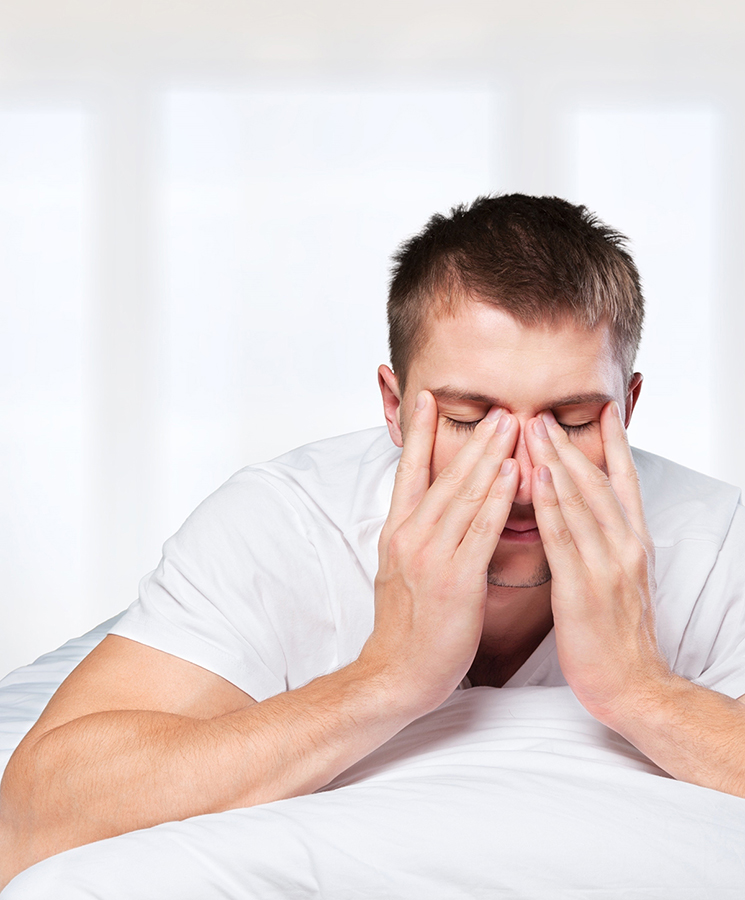What is
Sleep Apnea?
Sleep apnea is a serious sleep disorder that causes you to stop breathing during sleep. It’s important to understand the signs and symptoms and consult your doctor or medical professional. Most people with sleep apnea are unaware they have it.
There are 3 types of sleep apnea:
Obstructive Sleep Apnea (OSA)
This is most common. It is a sleep disorder in which the muscles in the throat relax to the point of collapse, restricting (obstructing) airflow. This causes breathing to become shallow and even stop for seconds or minutes at a time, depriving the body and brain of oxygen. Lack of deep sleep can cause significant fatigue and elevate the risk for serious health problems such as obesity, cardiovascular disease, diabetes, mood disorders, cognitive issues and more.
Central Sleep Apnea (CSA)
Central Sleep Apnea is less common than Obstructive Sleep Apnea – but the effects are the same. Central Sleep Apnea (CSA) is caused by a neurological misfire in which the brain fails to signal the body to breathe during sleep.
Complex Sleep Apnea
Complex Sleep Apnea occurs when a patient who was diagnosed with Obstructive Sleep Apnea begins to exhibit symptoms of Central Sleep Apnea after treatment with a CPAP /Auto CPAP.

What Happens When You Have Sleep Apnea?
1. Air Stops Flowing
Air stops flowing to your lungs and you stop breathing.
2. Brain Sends A Signal
Your brain sends a signal to your body to wake up and take a breath (interrupts your sleep).
3. The Cycle Repeats
These events can occur hundreds of times a night and many people with sleep apnea don’t know it’s happening.
